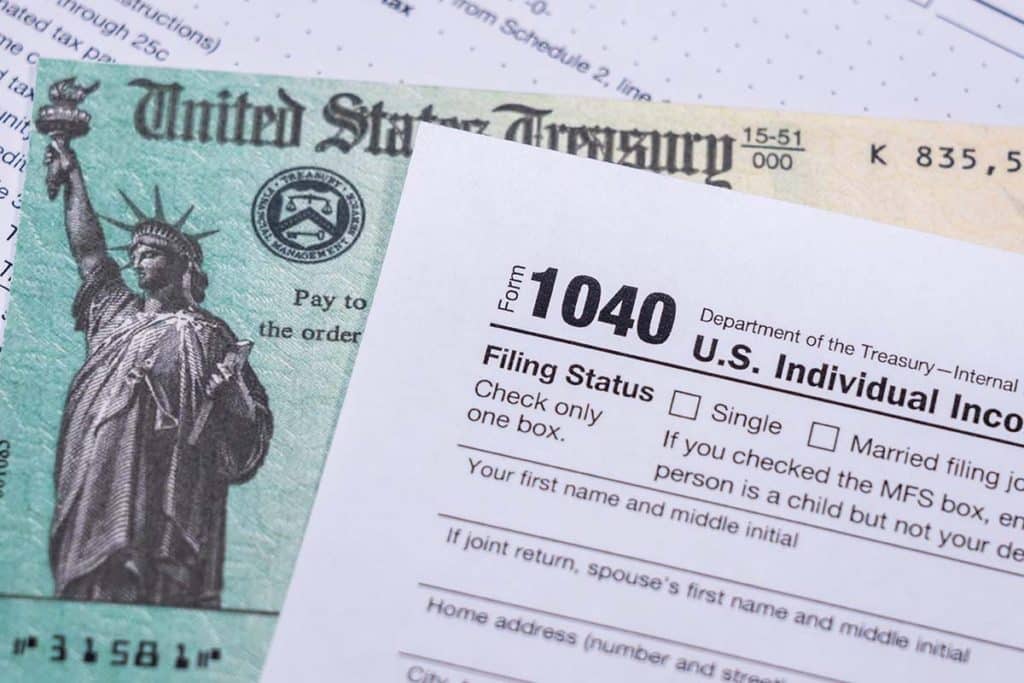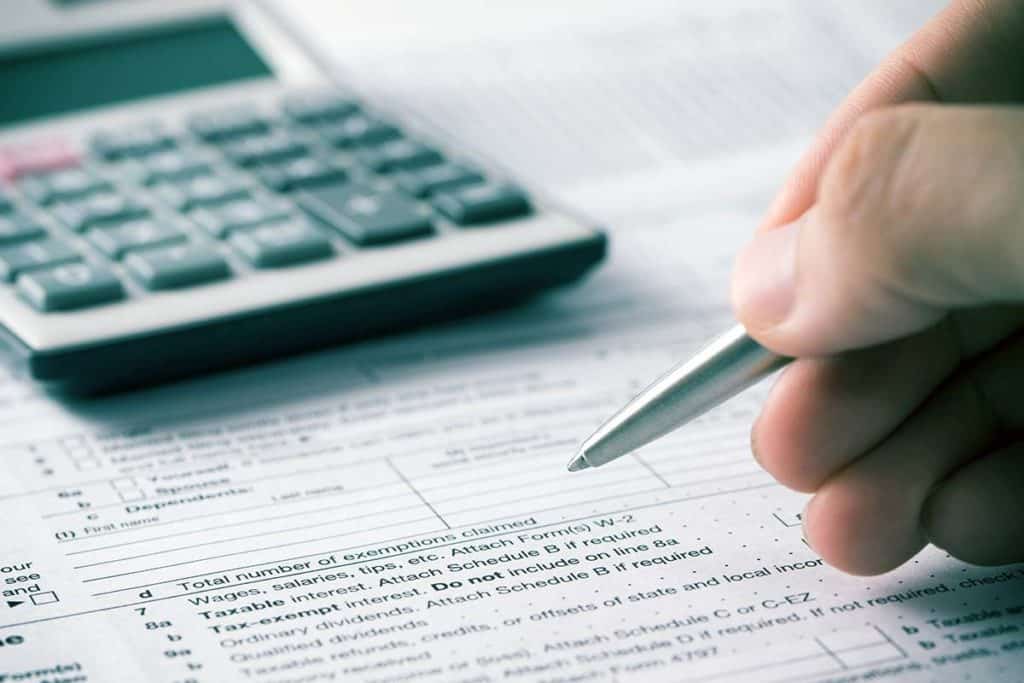You may have previously filed your own taxes as an individual. Great! Your resourcefulness is part of what sets you up well to achieve success as a business owner. But hiring a professional to prepare and file your taxes can be one of the smartest business decisions you make; it can help reduce your taxes, avoid unnecessary stress, and keep more of the profit you’ve worked so hard to earn.
What is a CPA?
The first time a business owner looks for financial advice from a professional, it’s usually related to bookkeeping or taxes. A bookkeeper will keep your books up to date, can offer basic advice for your business, and will keep you updated on your business day-to-day. A CPA, or Certified Public Accountant, will have your back for everything related to taxes, and take the burden of filing off your shoulders.
A CPA can help your business with any of the following:
- Preparing taxes to maximize deductions and avoid penalties
- Representing you to the IRS, in case of any issues
- Managing your expense records and financial statements
- Setting up an accounting system to help you stay organized
- General advice about managing your business finances
For someone to qualify as a CPA, they must fulfill specific state requirements summarized as “the three E’s”: education, experience and exam. Each state has its own education and experience requirements, but the Uniform CPA Examination is a standard.
Note: A business might eventually bring in a financial advisor to help deal with longer-term financial planning and more complex, strategic needs such as risk management and investment advisory. It’s possible for your tax preparer to also provide consulting services, but for now let’s assume these are separate resources and focus on the basics.
Why Businesses Hire CPAs
Finding a good accountant to work with can help your business on multiple levels. You will have the security of knowing that taxes are being filed correctly and up to current codes. They’ll also ensure that you receive all of the correct deductions for any of your business expenses. This leads to a whole lot less stress come tax-season!
In addition, a CPA will be able to help with things like: tax flow issues, recent changes in tax laws that may affect your business, determining the best legal structure, how to approach new growth and expansion, and so much more.
When Should You Hire an Accountant?
There are a number of factors that can go into deciding on the right time to invest in hiring an accountant. Accountants can be costly, and at the earliest stages of business, you might want to wait until you’re generating enough revenue to make such costs worthwhile. Early on in the journey of a new business, there is generally more time and less money. But when that starts to flip the other way around and your cash flow increases, it’s important to start using your available funds effectively so as to have more time to focus on achieving your business goals.
Determining the right time to hire a CPA can be difficult if this is your first small business, but keep in mind that a tax professional will be helping you deal with a critical part of your business financial management, and peace of mind during tax season is tough to put a price on!
Here are a few cases in which you’d want to choose an accountant quickly to ease your stress and take the bulk of the work off your plate:
- You are planning to expand your already established business
- Your business is currently growing at a fast pace
- Your business is being audited
- You are applying for a business loan
How to Find a CPA for Your Business Taxes
1. Start with your needs
There are enough CPAs in the world (and your state) for you to be selective when trusting someone with your taxes. Taking the time to list your needs will help frame your search and choose the right person. You might only work with this person on a limited, transactional basis. But is there a minimum amount of experience you require? Do you need them to be close in proximity, so you can arrange in-person meetings? Do you value strong communication skills so they can explain things to you, or do you simply want them to handle everything and keep the conversation limited? Ask yourself as many questions as you need to make sure you prioritize your needs when deciding on the right accountant.
2. Find a few local CPAs
Since tax laws vary state by state, it’s ideal to work with someone well versed in your state’s tax provisions. Google is a natural first place to look, but use caution. Just because someone ranks well in a search engine doesn’t mean they have the right experience. Get a list of options from the following places:
- Referrals! Think of successful small business owners in your network, and ask who does their accounting and taxes. If you’d rather not use the same person as those in your network, you can at least ask them for a recommendation from their CPA.
- IRS Directory of Federal Tax Return Professionals. This is a free, regularly updated database of CPAs that lets you search by geographic location. It also shows you what specific credentials they have on file.
- U.S. Small Business Association. Get in touch with your local small business community, and see who they recommend.
3. Check credentials
Before reaching out to anyone, a few basics to look for include:
- PTIN number. The IRS requires anyone getting paid to prepare taxes to register with a Preparer Tax Identification Number (PTIN). This is a pretty straightforward, minimum requirement and you can find the PTIN number of any CPA on the IRS directory site.
- License. It’s relatively easy to get a PTIN number, and you don’t need a CPA license to get one. After passing the CPA exam and meeting educational and work experience requirements, you receive a CPA license. Check with your state’s professional licensing department to verify a CPA license.
- Other credentials. See if they belong to any national or state-level organizations, and verify this by searching those directories.
4. Note their specialization
Tax provisions for small businesses and sole proprietors are different from personal income taxes. See if the CPA has experience preparing taxes for your specific type of business. You can even ask the prospective accountant to share a list of clients (or at least client references) with you to make sure they are a right fit.
5. Verify their familiarity with your accounting software
Accounting software takes a lot of time to learn and for this reason, most accountants have software that they will want to use specifically. Rather than changing your entire system, find an accountant that can instantly integrate into your current systems to save the headache and expenses of migrating to their system.
6. Read reviews
Once you’ve narrowed it down to a few people who meet the above criteria, it’s time to read some reviews. This can be testimonials on their own websites, but should also include Google Business listings, online directories, social media and more.
7. Schedule a call
Armed with some good background information, you’re ready for some conversations. Try to book a call with at least three candidates so you have several points of comparison.
Questions to ask before and during each call:
- Are they willing to meet in person, or at least on a video call? It’s tempting to handle everything over contact forms and email, but if someone isn’t willing to offer this kind of customer service, find someone who does! You don’t want to look back one day and wonder why you didn’t take this seriously enough to establish a human connection from the start.
- Do they file electronically? The IRS requires those who prepare more than 11 tax returns per year to offer e-filing services. So if someone doesn’t offer e-filing, it could signal they don’t have much experience.
- Are they overly promotional? We’re not shopping for used cars. You are trusting someone to represent your business to the IRS, and to provide sound business advice. Watch out for anyone promising the biggest refunds possible, or anything that seems too good to be true; it might be a scam.
- How do they charge? Most CPAs charge a set minimum fee and add cost based on complexity, while others set a fee for each tax form you need. Make sure you decide on a CPA whose billing methods and fees fit your budget.
Hiring an accountant to prepare taxes for your small business can be empowering and liberating. Use these tips and guidelines to help find the right person for you. Here are a few other questions to ask yourself before filing taxes, to be as prepared as possible.




